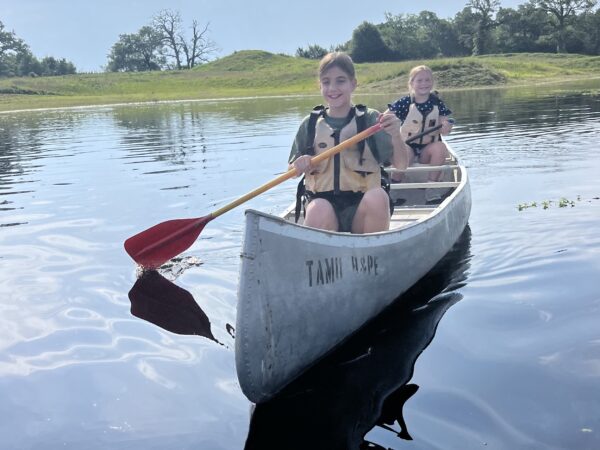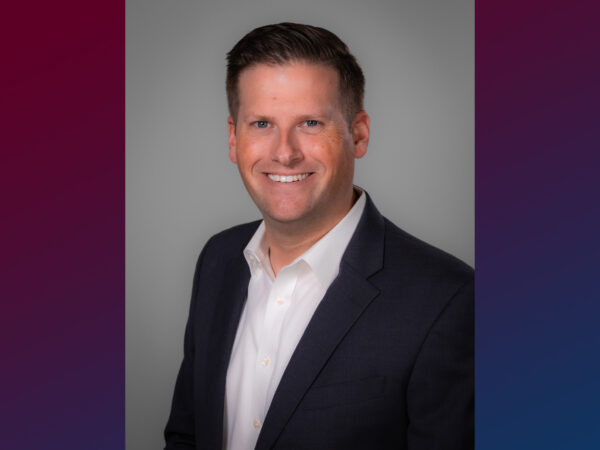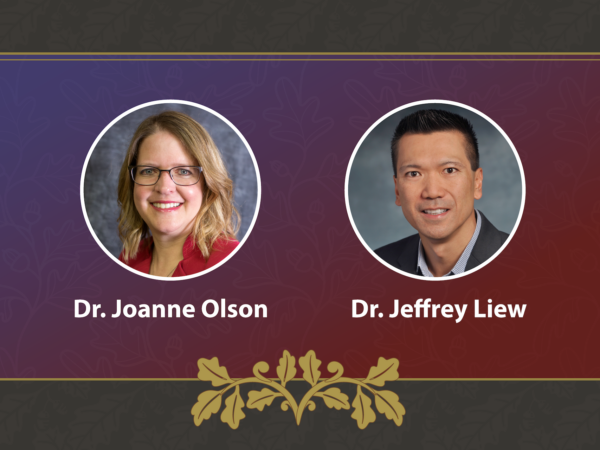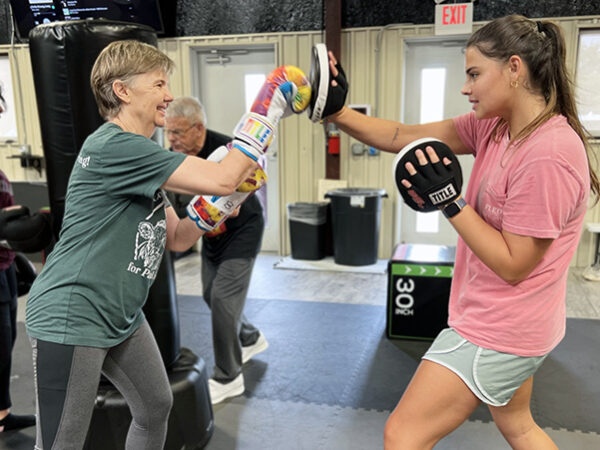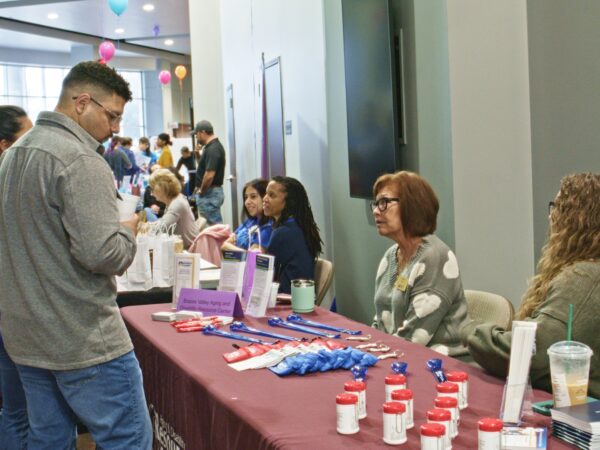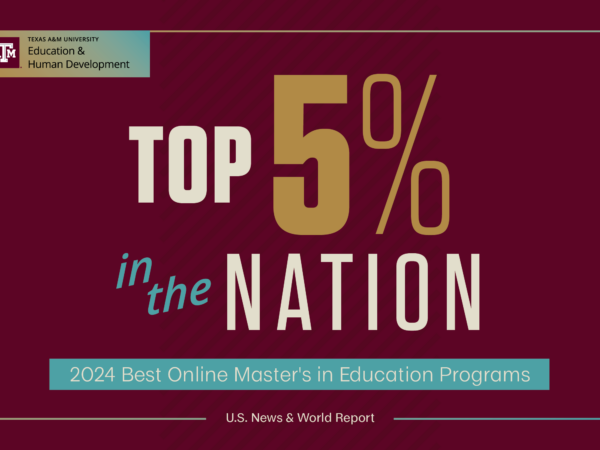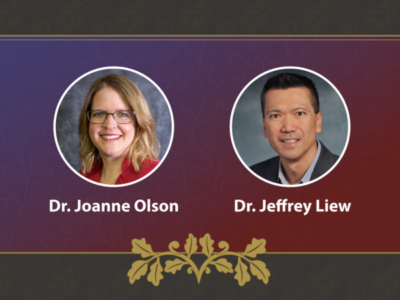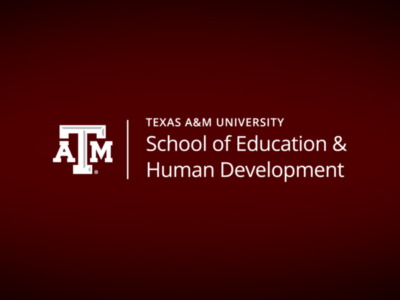Telehealth Clinic Serves Increasing Mental Health Needs
The Department of Educational Psychology is currently partnering with health resource facilities in surrounding counties to meet the increasing mental health needs of patients through services provided by its Telehealth Counseling Clinic (TCC). Telehealth uses contemporary, long-distance technology to provide in-depth mental health treatment and response to patients at remote sites throughout the Brazos Valley.
The program was developed by an ongoing collaboration with colleagues at the Center for Community Health in the School of Public Health, the Texas Mental Health and Mental Retardation office, and local community leaders to address the growing disparities in access to mental health services across the state of Texas. Nationally, it is the first of its kind.
“Texas has the highest proportion of counties designated as ‘mental health provider shortage’ areas. Over 67 percent of all licensed psychologists live in five counties in the state. Ideally, you’d want one psychologist for ever 30,000 residents,” said Educational Psychology professor Dr. Tim Elliott. “The majority of our counties are underserved and do not have an adequate number of mental health service providers. This includes all of the counties in the Brazos Valley.”
The TCC currently partners with five counties in the Brazos Valley including: Leon, Madison, Grimes, Washington, and Brazos. Dr. Elliott and his colleagues continue to work with other local and state mental institutions to expand the program through grants and contracts.
According to Dr. Elliott, a significant number of the patients seen in underserved rural areas fall under a lower socio-economic bracket. Therefore, service accessibility within counties was a significant part of the program.
Patients have the option to receive service in a variety of ways. Though many of the sessions are performed through videoconferences, additional services are offered.
“The bulk of our work is done point-to-point by a camera at a remote site to our camera at the TCC,” he said. “We also offer face-to-face services and also do phone sessions.”
In this model, advanced doctoral students in the accredited counseling psychology doctoral program within the department, provide services to patients — working under the supervision of a licensed psychologist. This arrangement ensures a cost-efficient way to provide valuable mental health services to underserved areas, and it provides critical training experiences for the doctoral students.
According to Elliott, the Texas A&M counseling psychology program is the only accredited psychology doctoral program in the nation operating its own telepsychology clinic. A graduate of the program, Dr. Carly McCord, is the clinic director.
Because mental health care is often excluded from standard health plans, the outreach of the program treats assortment of different patients.
“When people live in an area with little access to mental health facilities, it’s not unusual to see people with a series of chronic health problems,” he said. “We have seen problems ranging from depression, P.T.S.D., and trauma, accompanied by other indicators of poor health including diabetes, substance abuse and chronic pain.”
Dr. Elliott said the TCC benefits underserved communities and local governments by bridging the gaps for treatment.
“We’ve had people who were in such distress that they were suicidal,” he said. “Through our videoconferences, we are able to physically see patients and pay attention to their appearance and well being. This is beneficial because we can notify authorities an incident may occur. Addressing these crises in this manner also prevents additional costs accrued by services provided by police departments, state MHMR personnel, local emergency rooms, and psychiatric hospitalizations.”
Since the start of TCC, over two-dozen doctoral students have been trained in the program. The students measure different elements in patients gaining insight and experience.
“Because we are a strong training program, we study the effectiveness of what we do,” he said. “We want to know who’s coming and who’s responding after a number of sessions. Students are involved on how to evaluate effectiveness in treating conditions and the overall effects of the services the clinic provides.”
For more information on the Telehealth program, click here.
Written by Justin Ikpo (sehdcomm@tamu.edu)
For media inquiries, contact Ashley Green.
Fundraising
To learn more about how you can assist in fundraising, contact Amy Hurley, Director of Development ahurley@txamfoundation.com or 979-847-9455


